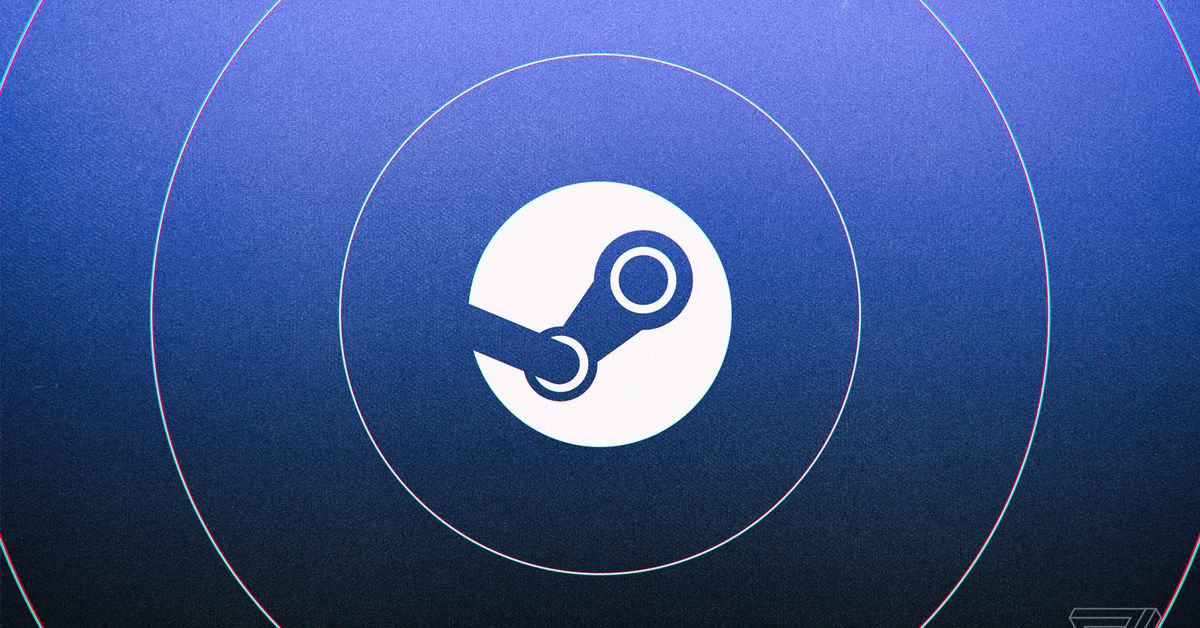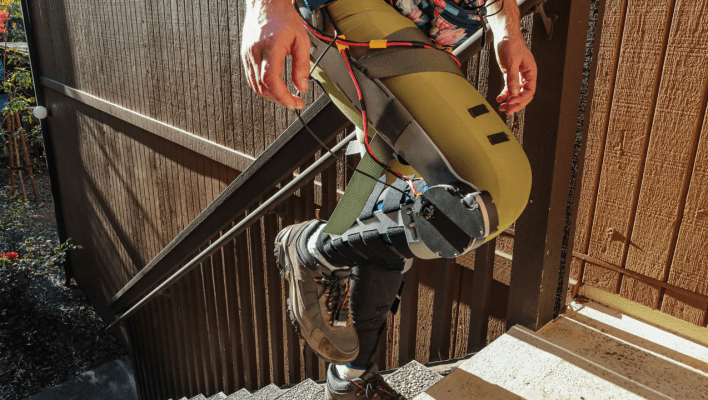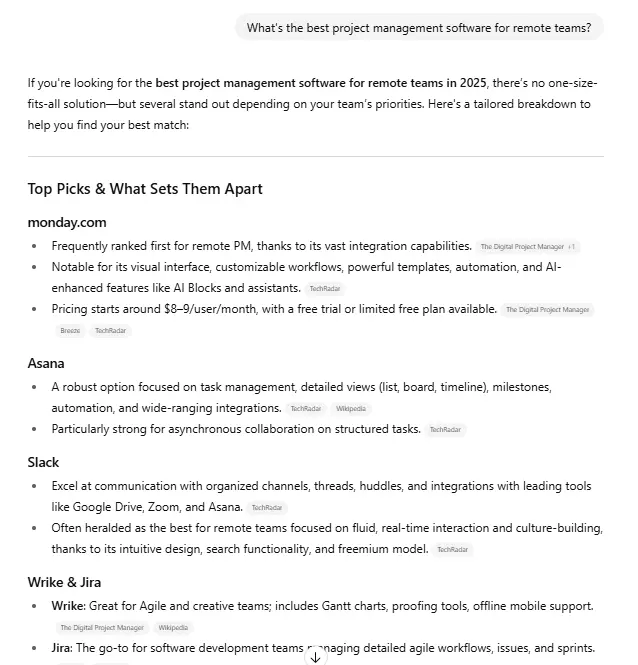The Rogue Prince of Persia artfully changes up the roguelike format
Image: UbisoftIt seems like roguelikes, early access games, and Prince of Persia are all the rage this year. So, it makes sense to release a game that combines all three. The Rogue Prince of Persia, developed by Dead Cells...
/cdn.vox-cdn.com/uploads/chorus_asset/file/25442045/RPOP_KEYART_1920x1080_Logo_Announcement_041024_745PM_CEST.png)
It seems like roguelikes, early access games, and Prince of Persia are all the rage this year. So, it makes sense to release a game that combines all three. The Rogue Prince of Persia, developed by Dead Cells studio Evil Empire, released in early access late last month after being delayed by a week to get out of the way of the Hades 2 stealth drop.
The game takes the elements the Prince of Persia series is known for — combat, platforming, and time manipulation shenanigans — and remixes them to fit the roguelike format while also remixing the roguelike format itself into something interesting and different. You play as the Prince desperate to stop an invading force of Huns that have devastated his home and people. Whenever the Prince dies during his assault, he’s sent back in time to start over again, except each time, the landscape, enemy placement, and platforming hazards change.
Neither combat nor platforming gets as intensive as they do in Prince of Persia: The Lost Crown. At first, I was tempted to think both elements were so simple as to be boring. But as I got further into the game, both improved to a pleasant level of difficulty. And unlike in The Lost Crown, you can be reasonably assured that you’ll always find something worthwhile like a powerful weapon upgrade or health at the end of an extensive platforming sequence instead of a measly collectible.
With roguelikes, there’s always an initial difficulty spike to surmount, getting used to the combat and learning what upgrades are worth my time. So, even though I was prepared to die a lot at the beginning, I still found myself getting annoyed battling my way through the starting area over and over — until the game switched up on me. I was so preoccupied with progressing that I didn’t take the time to explore the starting area each time it changed. After returning to the game after a short frustration break, I took my time to explore like I should have and wound up finding a special encounter that unlocked a new starting area.
Now when I died, I could choose a new location from which to begin my assault, injecting a bit of variety into each run. On top of that, the new area itself had another one of those special encounters that unlocked yet another new location. Evil Empire seemingly understood that the initial fight-die-repeat cycle can get grating and introduced a novel way to experience new areas that don’t require brute-forcing progression.
Image: Ubisoft
The Rogue Prince of Persia is very clearly an early access game. I ran into some UI glitches that made it look like upgrades I picked up persisted through death (they don’t). And the first boss fight seems to be missing some attack animations as it frequently blinked in and out, making it hard to anticipate attacks. I’m also guessing more robust tutorials are coming in future updates because the game’s upgrade system feels a little opaque.
During each run, you can collect and equip medallions that grant special abilities and stat bonuses and can upgrade the medallions around it. Placing a medallion in one slot can upgrade adjacent slots, meaning that when a medallion is placed on that improved slot, you’ll get access to higher bonus levels. Medallion placement then becomes just as important as medallion choice, but the game doesn’t do a good job of explaining that, leaving me to piece all that together myself.
Overall, The Rogue Prince of Persia isn’t bad for a $20 early access game. I appreciate its attempt to do something different with the roguelike format, and I’m eager to see how future updates improve the little problems I had with the game.
The Rogue Prince of Persia is available in early access on Steam and another great example of a game made for the Steam Deck.

 Tekef
Tekef 
































